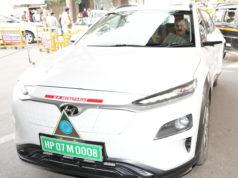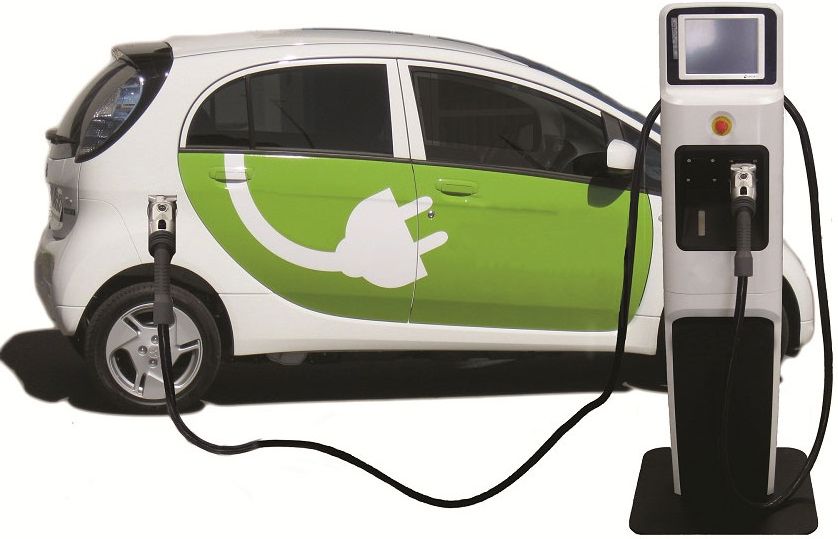In a bold move aimed at propelling India into the forefront of the electric vehicle (EV) revolution, the Indian government has unveiled a comprehensive E-Vehicle Policy. With its sights set on attracting global EV giants like Tesla, this policy promises to transform India into a thriving manufacturing hub for green transportation.
The policy, which comes at a time when the world is increasingly shifting towards sustainable mobility solutions, underscores India’s commitment to fostering innovation and embracing cleaner, greener technologies. By extending a warm invitation to EV manufacturers worldwide, India aims to leverage its vast market potential and skilled workforce to establish itself as a key player in the burgeoning EV industry.
At the heart of the policy lies a robust framework designed to incentivize investment and promote domestic production of EVs. With a minimum investment requirement of Rs 4150 crore (approximately $500 million), the government is sending a clear signal of its seriousness in attracting top-tier manufacturers. Moreover, with no cap on maximum investment, companies are encouraged to unleash their full potential, driving innovation and expansion within the sector.
To ensure rapid progress, the policy sets ambitious timelines for manufacturers to set up production facilities and commence commercial operations. Within three years, companies are expected to establish manufacturing facilities in India and initiate commercial production of EVs. Additionally, a target of achieving 50% domestic value addition within five years underscores the government’s commitment to enhancing local manufacturing capabilities.
Recognizing the importance of localization, the policy mandates gradual increases in domestic value addition, with targets of 25% by the third year and 50% by the fifth year. This strategic approach not only strengthens the indigenous EV ecosystem but also fosters technological innovation and job creation within the country.
In a bid to incentivize local production, the government offers a customs duty exemption of 15% on EVs with a minimum CIF value of $35,000, provided that manufacturers establish production facilities within the specified timeframe. This measure aims to level the playing field and encourage manufacturers to invest in local manufacturing, thereby reducing reliance on imports and bolstering the domestic economy.
Moreover, the policy introduces strategic import limits, ensuring a balanced approach between domestic production and international partnerships. Companies are required to furnish bank guarantees to ensure accountability and compliance with investment commitments and localization targets, further bolstering the credibility of the initiative.
With its ambitious goals and comprehensive incentives, India’s E-Vehicle Policy signals a new era of sustainable mobility and economic growth. By rolling out the red carpet for electric vehicle manufacturers, India is not only embracing innovation but also laying the foundation for a cleaner, greener future on its roads. As the world races towards a more sustainable future, India is poised to lead the charge, with Tesla and other EV manufacturers at the forefront of this transformative journey.











